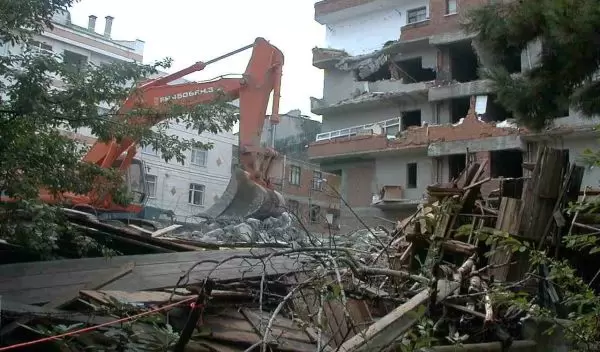
Istanbul Overdue for Earthquake Retrofit
A multinational team of engineers and earth scientists has concluded that many buildings in Istanbul, the largest city in Turkey, are dangerously vulnerable to earthquake damage. The researchers have recently carried their message to Turkish Prime Minister Recep Tayyip Erdogan and are pushing for immediate action to prepare for potential disaster.
The researchers formed their conclusions in June during an extensive, five-day meeting on the risks facing Istanbul, a city of 12 million residents. The researchers analyzed seismic data and historical information as part of the effort, funded by the National Science Foundation and the Japan International Cooperation Agency. Since that time, the researchers have completed a report with numerous, urgent recommendations and recently presented their findings to the Turkish prime minister, members of his cabinet and their consultants this past November.
The team reiterated concerns that an earthquake with a Richter magnitude of 6.8 to 7.5 is likely to strike the city of Istanbul at some point over the next two to three decades. Because much of the infrastructure in that city was not designed for earthquake resistance, the researchers believe a large quake could kill thousands of people and collapse as many as 50,000 buildings - if not more.
The Turkish government has since taken preliminary steps to earmark funding for mitigation work and for a centralized authority under the Prime Ministry to coordinate the earthquake risk-reduction efforts.
For additional detailed information, a Purdue University press release is linked below.
A related NSF Discovery, "Earthquake Study Suggests Simple Building Fixes Can Save Lives," is available at: http://www.nsf.gov/discoveries/disc_summ.jsp?cntn_id=104518
--Josh Chamot


